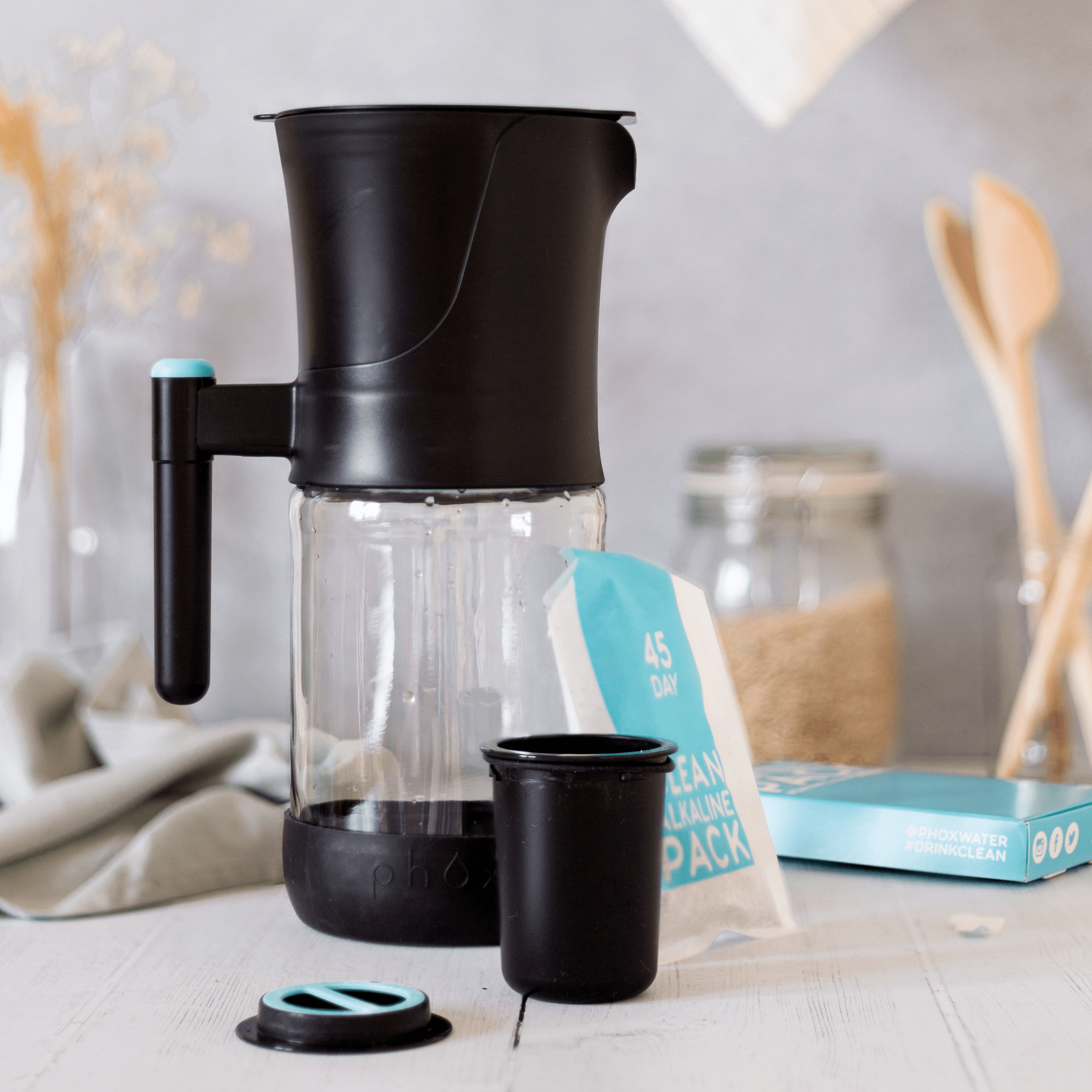The Global Bottled Water Market
As we have discussed in previous blog posts, the bottled water market has experienced exponential expansion over the past ten years or so. In 1970, per capita consumption of bottled water across the world was estimated at one gallon. Today, it is around 30 gallons. Development of the industry has grown at varying paces in different countries, however it is now extremely well established in all regions of the globe.
Displayed in the table below is per capita consumption by leading countries. Mexico has regularly led the per capita consumption table at 59.2 per capita in 2009, growing to 69.8 gallons in 2014. This is one country where the market has been strongly developed for a while. However, if we look at Thailand, they have seen massive growth in bottled water consumption over the five years between 2009-2014. Up to 26 gallons per person in 2014 from only 4.7 in 2009. Along with expansion across Asia, the Middle Eastern market has also developed pretty rapidly. Per capita consumption in the United Arab Emirates grew by more than 16 gallons between 2009 and 2014. All but one of the top 20 seen growth in per capita consumption, the exception being Lebanon.
|
|
|
Gallons Per Capita |
|
|
Rank |
Country |
2009 |
2014 |
|
1 |
Mexico |
59.2 |
69.8 |
|
2 |
Thailand |
26.3 |
65.1 |
|
3 |
Italy |
49.0 |
53.1 |
|
4 |
Belgium-Luxembourg |
35.5 |
39.4 |
|
5 |
Germany |
34.7 |
39.2 |
|
6 |
United Arab Emirates |
25.0 |
41.6 |
|
7 |
France |
34.4 |
37.4 |
|
8 |
United States |
27.6 |
34.0 |
|
9 |
Spain |
27.7 |
32.1 |
|
10 |
Hong Kong |
22.2 |
32.7 |
|
11 |
Lebanon |
30.1 |
28.2 |
|
12 |
Croatia |
26.5 |
29.1 |
|
13 |
Slovenia |
26.6 |
28.4 |
|
14 |
Hungary |
27.9 |
28.8 |
|
15 |
Saudi Arabia |
27.0 |
29.9 |
|
16 |
Switzerland |
25.6 |
28.0 |
|
17 |
Austria |
23.1 |
24.3 |
|
18 |
Brazil |
22.0 |
25.5 |
|
19 |
Poland |
19.7 |
25.0 |
|
20 |
Romania |
19.8 |
23.2 |
|
GLOBAL AVERAGE |
7.8 |
10.3 |
|
Source: Beverage Marketing Corporation (2015).
Growth in the bottled water market is clearly ongoing and shows little sign of abating. But at what cost? We already produce more than 2.5million tons of carbon dioxide every year through plastic bottle production. 17 million barrels of oil are required to make plastic bottles annually as well. Taken in consideration with the fact it takes 3x the amount of water in a plastic bottle to produce the bottle, isn't it clear that bottled water is a grossly inefficient use of resources?
In most countries we have a vast infrastructure which harnesses water through mains supplies into our public and private buildings. Now of course, not all tap water is ideal for drinking. Water quality standards can vary from country to country, making some supplies more suitable for drinking than others. For example, here in Scotland, tap water quality is widely considered to be among the best in the world. However, even in Scotland tap water has a very distinctive odour and taste, despite its perceived quality.
Therefore, if bottled water is financially inefficient and environmentally unsustainable but tap water contains contaminants which create unpleasant taste and odour (never mind the health impact of things like chlorine!), then a quality counter-top water filter provides the perfect balance. A Phox alkaline water filter gives you the taste of bottled water without the financial and environmental expense of bottled water. By removing unwanted contaminants such as heavy metals and chlorine, and adding trace minerals, our filters create a smooth refreshing taste and eradicate that horrible tap water smell. The silver lining is that each filter lasts for around 350-400L, based on our research that shows 1L of bottled can now cost 84p the purchase of a Phox filter can also save you £262. Together we can use water more efficiently and save a fortune in the process...
#DrinkClean


